Maha Mahboob, BSC (Hons) Biomedical Science
Going to Kumasi, Ghana for my summer placement at Komfo Anokye Teaching Hospital (KATH) was the best decision I made for myself. This clinical placement was my best opportunity to participate in clinical medical laboratories. This placement was an eye-opening experience providing a unique exposure to the healthcare system in a developing country. I rotated through four key departments: Haematology, Bacteriology, Biochemistry, and Histopathology. I was able to apply what I had learned at university in practical life. The experience enhanced my technical skills and offered insights into the challenges and adaptations required in resource-limited settings.
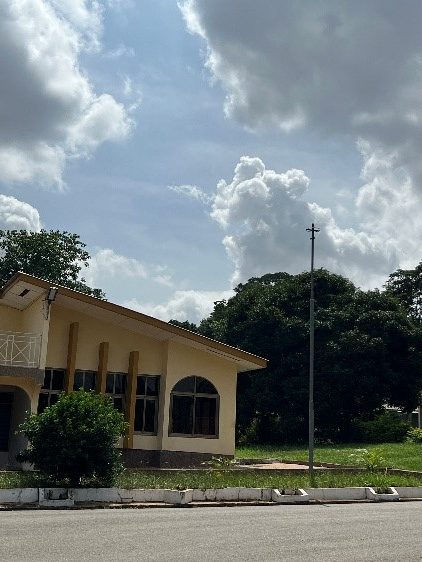
To my surprise Komfo Anokye Teaching Hospital (KATH) was massive. With all the departments, laboratories, restrooms for students and staff, and canteens available in the hospital, it was extremely feasible for both staff and patients. The departments did not have up-to-date machines, but the lab technicians were amazing at their job.
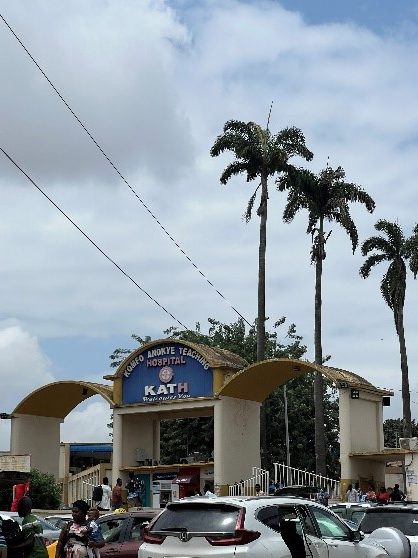


The haematology department was responsible for the analysis of blood samples to diagnose various blood-related conditions. The department focused on routine blood tests such as complete blood count (CBC), blood film examination, coagulation studies, and Western blotting. I learned multiple tests such as RDT for malaria parasite, Glucose 6 phosphate di-hydrogenase (G6PD) Screening, Erythrocyte sedimentation rate (ESR), Sickling test, and HB Electrophoresis Test. An average day in the lab was learning about a test, looking at the test being done, and where possible I was able to perform or help assist the test. I also learned to prepare and examine peripheral blood smears under a microscope to identify abnormalities such as sickle cells, malaria parasites, and other haematological disorders. During high workload the department would overwhelm however, the staff handled it efficiently teaching me how to manage under workload. I was also able to draw out my blood and look it under the microscope.

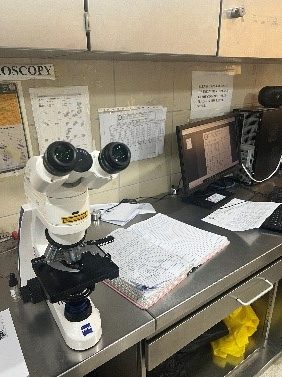
The Bacteriology department was responsible for the culture and identification of bacterial pathogens from clinical samples such as urine, blood, sputum, and wound swabs. The department played a critical role in diagnosing infections and guiding antimicrobial therapy. Sterility and functionality are the two important tests done after media preparation. Further tests such as Epsilometer test (E-test) and Antimicrobial sensitivity test (AST) are also done in this department. I performed Gram staining and observed bacterial morphology under the microscope. The placement emphasised the importance of strict infection control practices to prevent contamination and the spread of resistant bacteria. I also did the API 20 E test and recorded the results on the API site, where a diagnosis of disease is calculated and forwarded to the doctor who confirms the results.
The Biochemistry department conducts tests to analyse the chemical components of body fluids, including blood, urine, and cerebrospinal fluid. These tests are essential for diagnosing and monitoring diseases such as diabetes, kidney dysfunction, and liver disorders. The two main machines used in this department are the Cobas 6000 and Vitros 5600. The placement emphasised the importance of proper sample handling, from collection to storage, to prevent degradation and ensure accurate results. I also learned pre-analytical, analytical, and post-analytical errors.
The Histopathology department is responsible for examining tissue samples to diagnose diseases, particularly cancers. This involves the processing of biopsy samples, staining, and microscopic examination. I observed grossing where a tissue sample is cut from an organ. I further assisted in preparing tissue samples, including fixation, embedding, sectioning, and staining.

In this department, I was lucky enough to also observe patients being diagnosed. A fluid sample was taken from the patient’s tonsils site and/or tumour site. The doctor then did a quick staining to examine it under the microscope.
I was also able to observe the autopsy. The procedure for autopsy is to first examine the outer body and eyes for any visible injury or abnormality. Following this, an incision is made to allow access to the internal organs. I observed as each organ was meticulously removed and examined for any signs of disease or trauma. For one of the patients, his brain had to be opened as the cause of his death was brain trauma. It was an eye-opening and at the same time strengthening experience for me. With this experience I learned about myself that I can withstand such a sensitive sight.
The summer clinical placement at Komfo Anokye Teaching Hospital was an enriching experience that provided a comprehensive understanding of laboratory medicine in a resource-limited setting. Each department presented unique learning opportunities and challenges, fostering my growth as a medical laboratory professional. This experience has enhanced my technical skills, deepened my appreciation for global health challenges, and reinforced the importance of adaptability, teamwork, and innovation in delivering quality healthcare. This experience will not only stand out in my CV but it has also given me a life-long experience that will help me in my professional life.
Alongside learning and working, I enjoyed the culture and food of this country. I socialised and made new friends. It is a beautiful country with its cheerful people and vibrant culture. Regardless of the daily life problems, they never stop living. I have again learned to live and enjoy life in every situation.
In Accra, I visited a museum that displayed Ghana’s old culture and tribes with their different housing, dressing, and games. Along with this, I visited a memorial and Sandbox Beach.
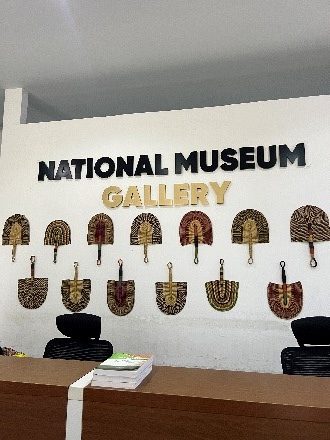


In Kumasi, I visited the national cultural centre, Kumasi Zoo, lake Bosomtwe, Bomfobiri waterfall and market area. I also befriended the interns at the hospital with whom I was able to explore the town.



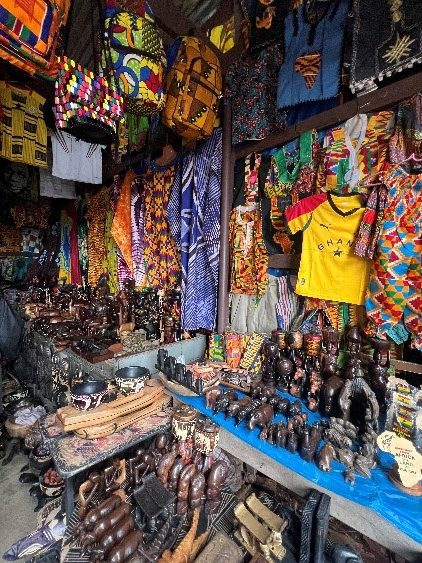
I had a fun time trying local dishes, and fresh coconut water from the roadside and exploring local art. There was live music at the mall on the weekends. I with my team were also invited to the medical society’s annual dinner. we all felt so welcomed that I can confidently say we had an amazing time in Ghana. I made countless memories that I will cherish forever.



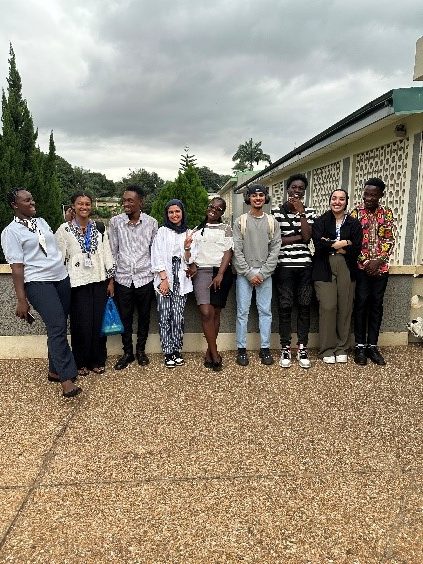

- Working with Earth Heir as part of the Global Futures Programme, KL - November 14, 2025
- My Ghana Summer Placement - December 20, 2024
- Gaining Confidence and Broadening my Perspectives at HKBU Summer Programme - November 25, 2024
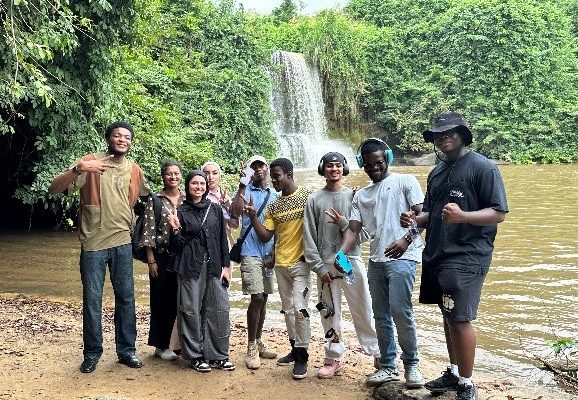
This looks so interesting. Everything is so well put together.